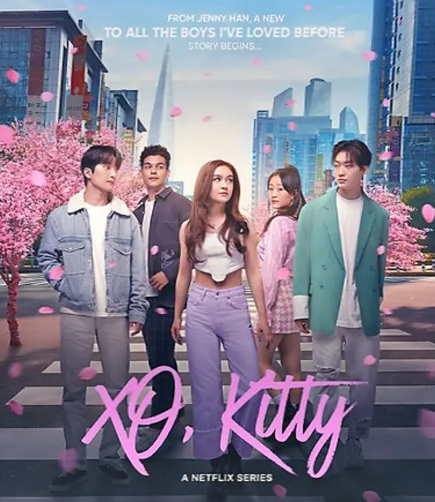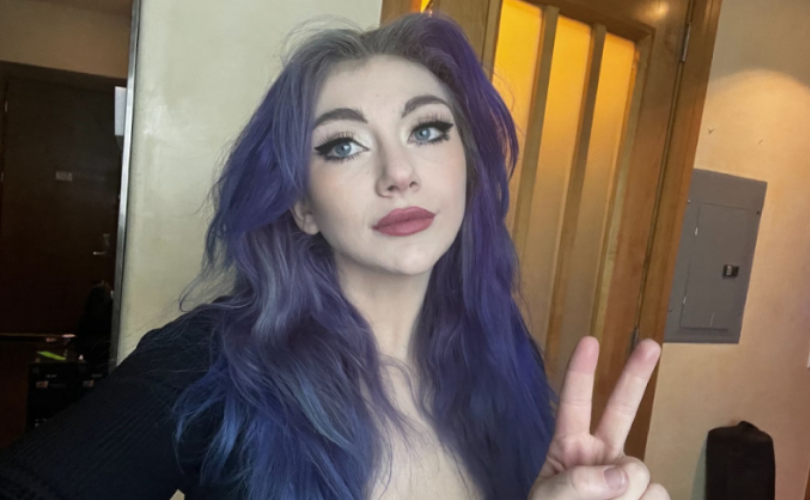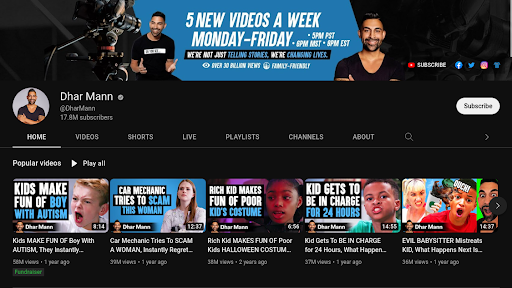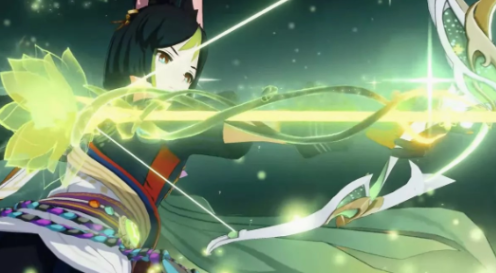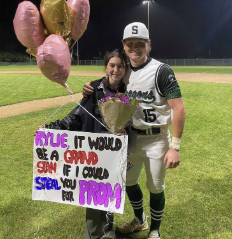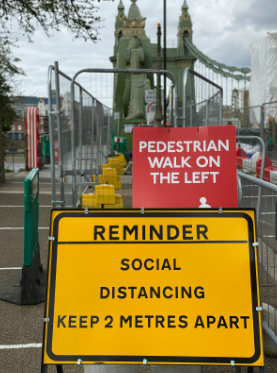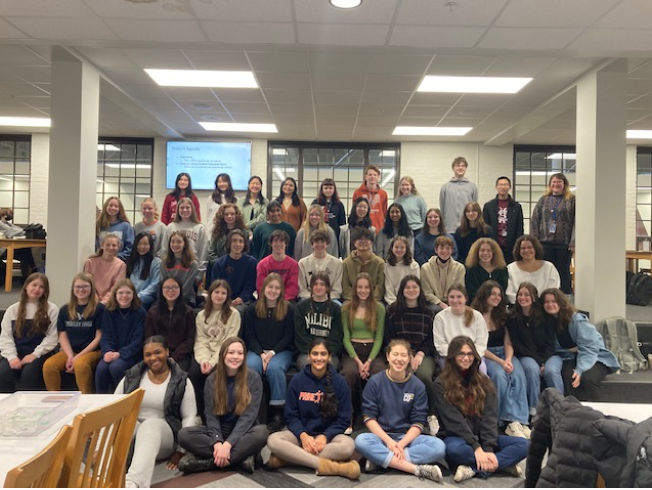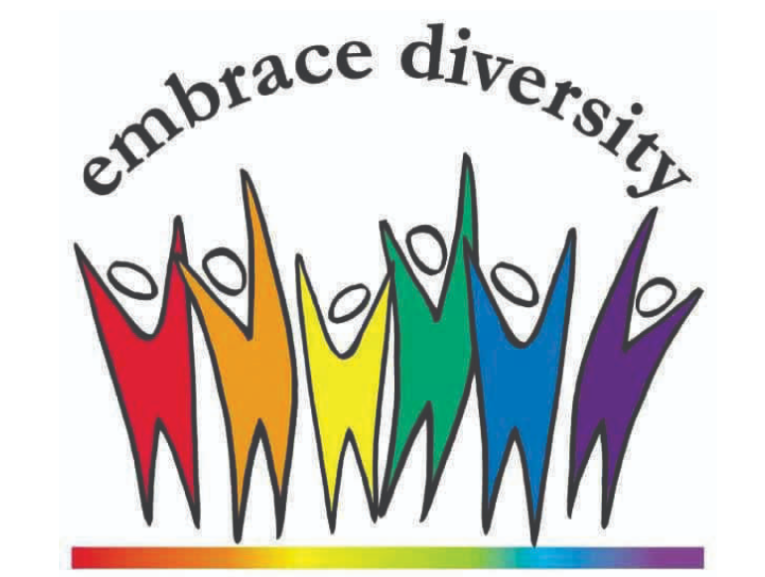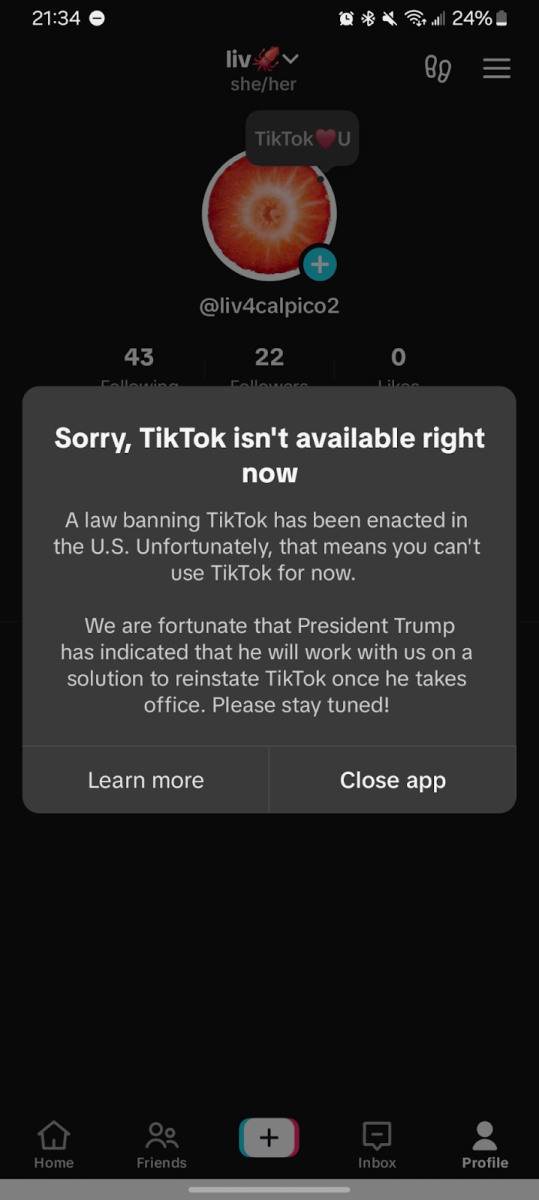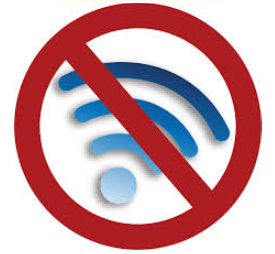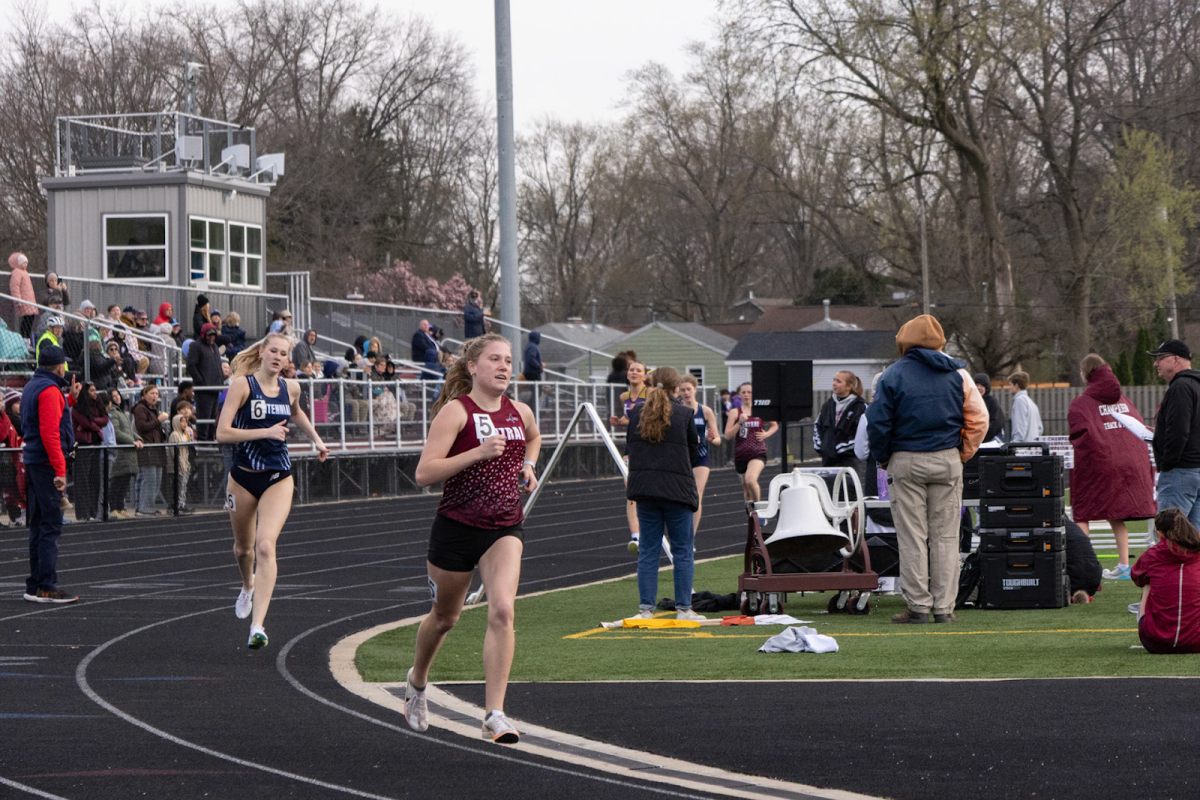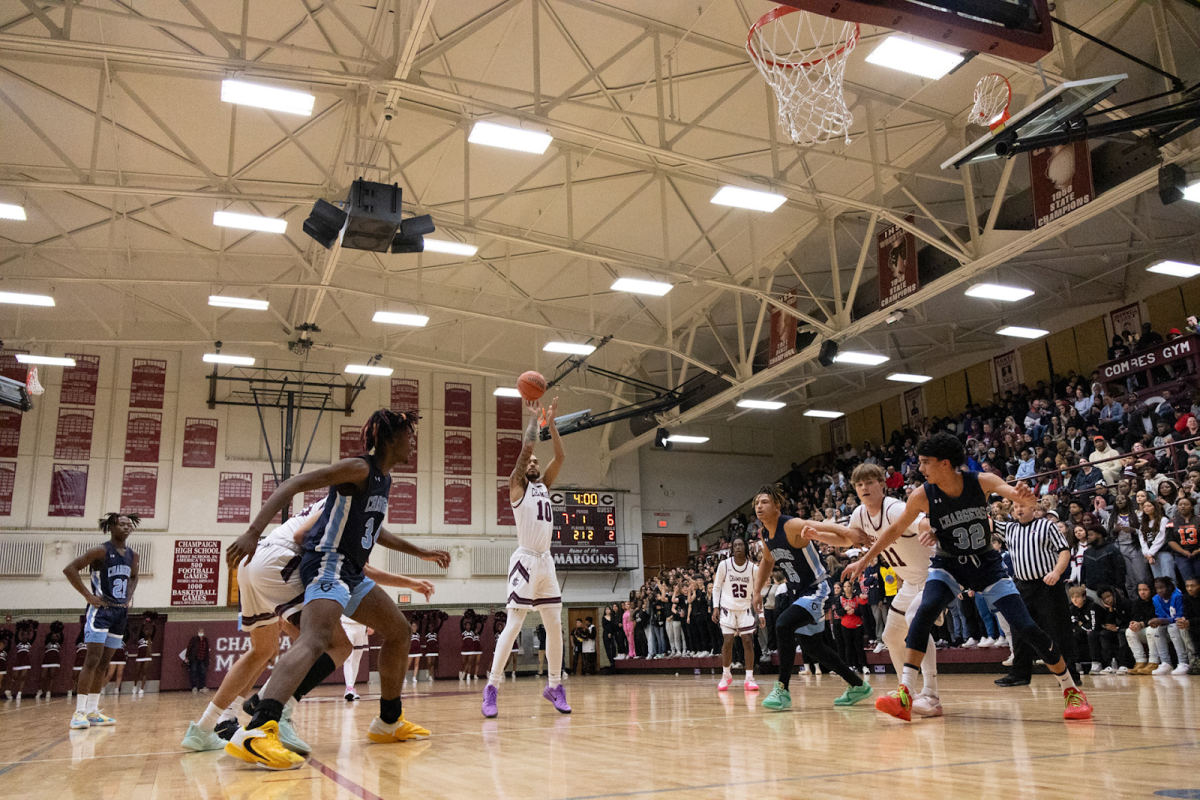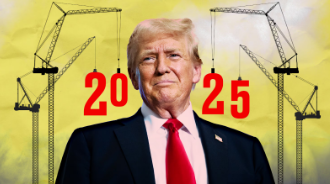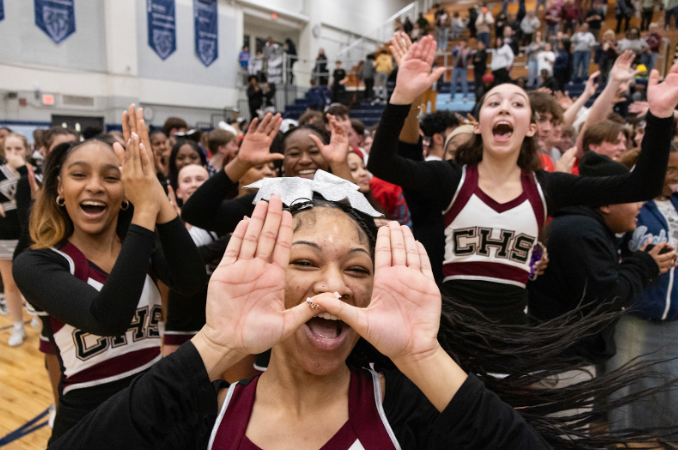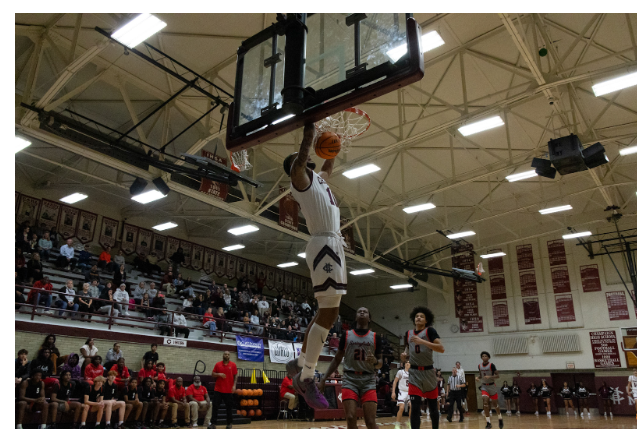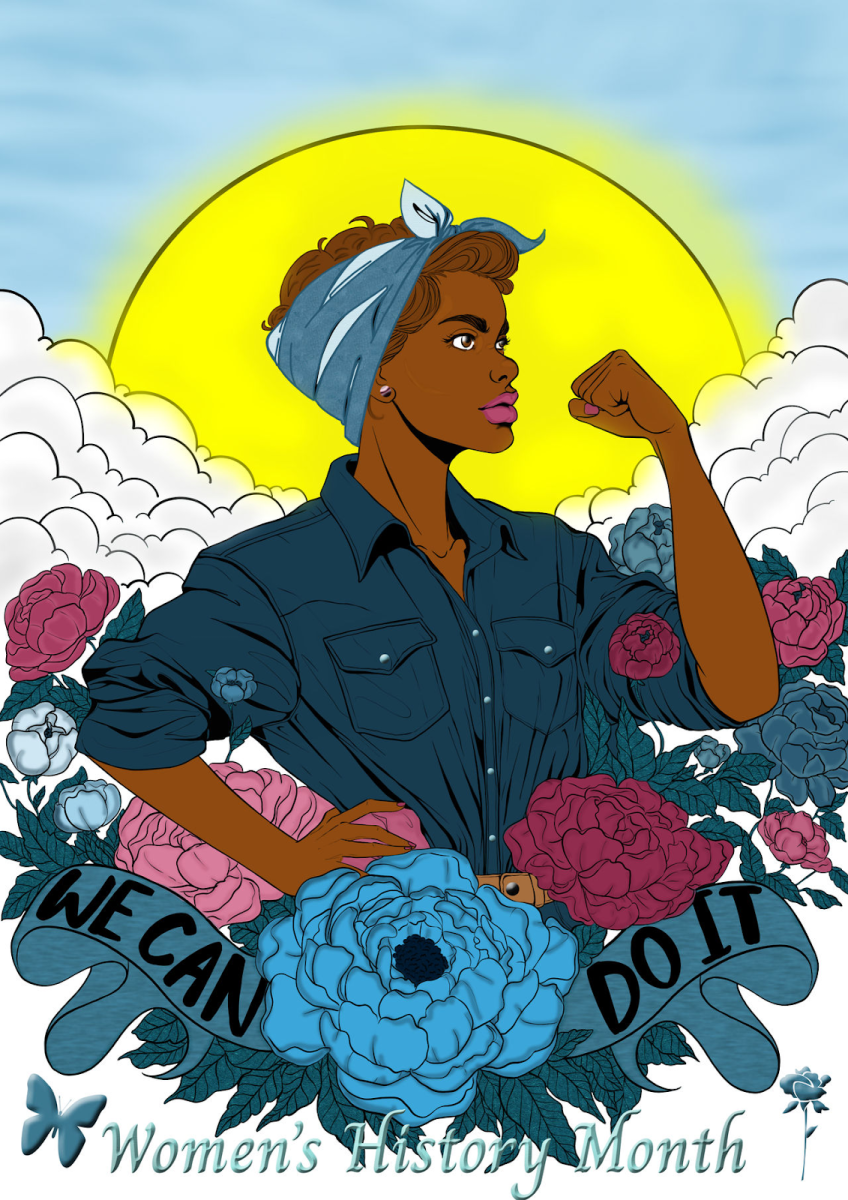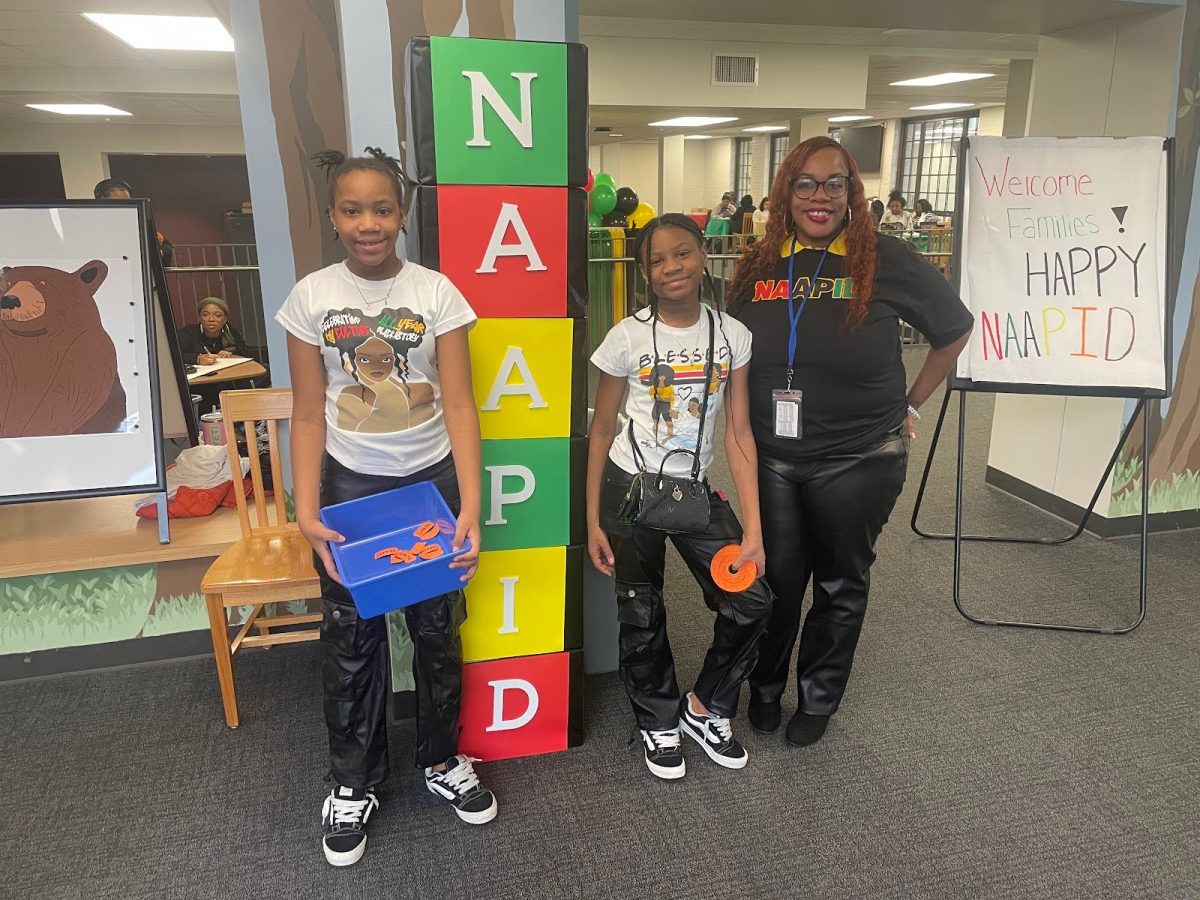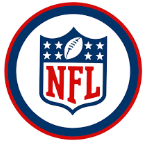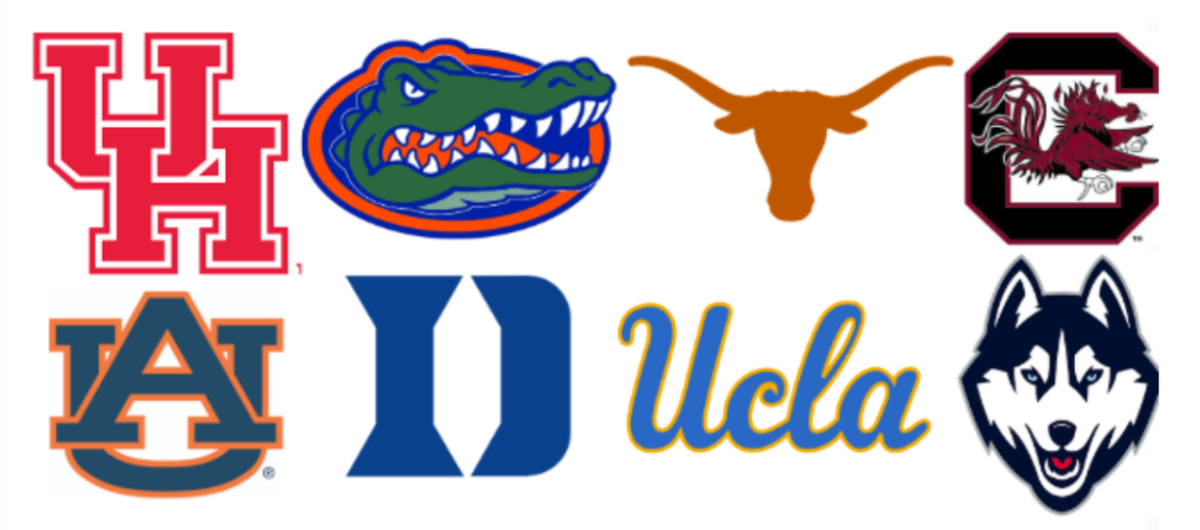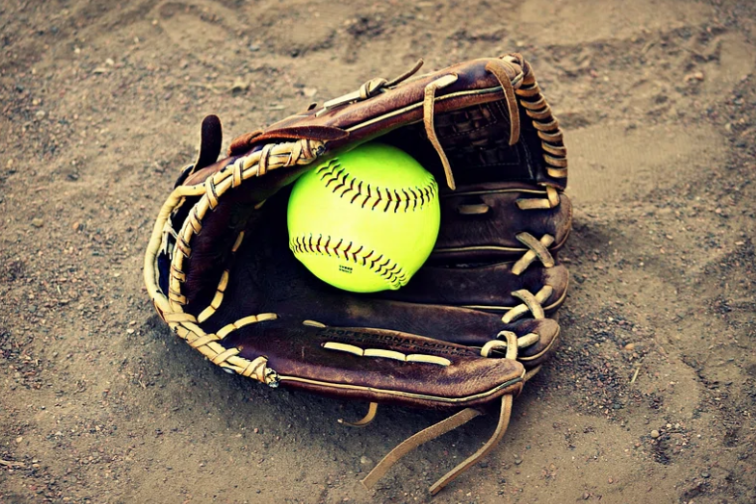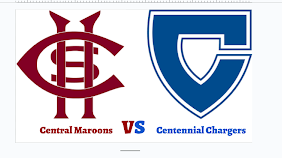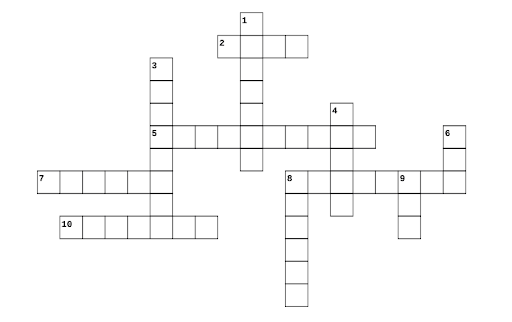Bud Light Boycotted for Featuring Dylan Mulvaney
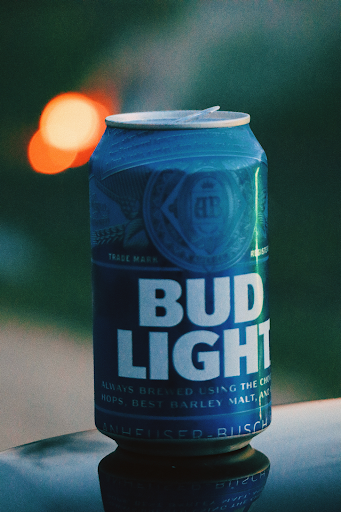
May 15, 2023
On April 1st, Dylan Mulvaney posted a promotional video for Bud Light to her Instagram account, sparking mixed reactions from the public. Dylan Mulvaney is a TikTok personality known best for her “Days of Girlhood” series, where she documents her transition with lighthearted daily videos. The public discourse surrounding trans rights is volatile right now, with various progressive and restrictive legislations being passed, blocked, and battled over throughout the country.
Seeing as Bud Light is a beer that tends to be associated with conservatives, choosing to partner with an openly trans woman was greatly controversial to Bud Light’s target demographic, and also resulted in a lot of the vitriol from transphobic conservatives being directed towards both Bud Light and Mulvaney herself.
Junior Julia Hopkins, head of the Chronicle’s The Internet is on Fire column, says “I think [the decision to make the advertisement] has to do with the recent hate bills against transgender people. Whether [Bud Light] thought it was the right thing, or that it would be good publicity… it was definitely in reaction to the laws. They wanted to side with the ‘winning team’, and although the reaction was extreme, I think it was something they absolutely expected.”
Given that the topic of trans rights is a hot button issue, some brands have made statements directly in support of trans people, leading to an increasing number of transphobes claiming that companies are “going woke”. The public’s reaction to Mulvaney’s Bud Light advertisement is one of the largest outcries in this wave yet, and a boycott of Bud Light began shortly after. The boycott and dissent of Bud Light were backed by big conservative names, such as Ben Shapiro, who used the opportunity to make a transphobic joke on Twitter, and Kid Rock, who boycotted Bud Light by posting a video of himself shooting up several cases of Bud Light.
It should be noted that this video, as well as many other protest videos featuring people destroying Bud Light, still made a profit for Bud Light, as these protesters were still patronizing the company. Recently, Nike, Olay, Kate Spade, and Maybelline, companies that have also run advertisements featuring Mulvaney, have faced similar backlash. It hit Bud Light the hardest, with sales dropping 17% compared to last year’s sales, and rival beers Miller Lite and Coors Lite both seeing an increase in sales of over 17% (CBS News).
“I’ve been seeing people on TikTok stitching [the Bud Light protest videos] and talking about how ridiculous that is and that Coors Lite is a much stronger ally, who has supported LGBTQ+ rights for far longer than Bud Light has,” says Hopkins.
Jadyn Runge, a senior at Central, thinks that the drop in sales Bud Light is seeing is temporary. “Since it’s such a big company, and they’re worth millions and millions of dollars, I don’t think this will affect them that deeply, it’s just social-media based… controversy will always exist, because people will always have different outlooks,” Runge says.
In response to the protest, both Anheuser-Busch (Bud Light’s parent company) and Dylan Mulvaney remained silent on social media. Anheuser-Busch was the first of the two to break their silence on April 14th, when CEO Brendan Whitworth released a public statement addressing the controversy: “We have thousands of partners, millions of fans and a proud history supporting our communities, military, first responders, sports fans and hard-working Americans everywhere,” he said. “We never intended to be part of a discussion that divides people. We are in the business of bringing people together over a beer.”
This statement only furthered anger, as many conservatives didn’t accept it, and many LGBTQ+ members and allies were upset that Anheuser-Busch appeared to be apologizing for the ad and distancing the company from political discourse. As a result of Bud Light backtracking their support of trans people, several gay bars also began to boycott Anheuser-Busch products. It appears that the company’s attempt to smooth things over with the public has only led to more backlash. Sales have seen a harsher drop since the statement was released.
The advertisement’s backlash had a different impact on Mulvaney, who is not a company, but a singular person, and was already a target for conservatives. She was met with a new wave of hate and threats, and accused of being a child groomer. It is worth noting that a common anti-trans talking point is the claim that transgender people are child groomers as a reason to rally against trans inclusion and rights.
“I think that the publicity may be a little worse for her, but it won’t hurt her career very much. The allegations that are put out against her are all false, and the only people believing them are those who want to stir up hate,” Hopkins says.
On April 28th, Mulvaney finally broke her own silence on the backlash and posted a video to her TikTok addressing the hate she received.
“What I’m struggling to understand is the need to dehumanize and to be cruel,” she said. “I don’t think that’s right. Dehumanization has never fixed anything in history, ever. And, you know, I’m embarrassed to even tell you this, but I was nervous that you were going to start believing those things that they were saying about me since it is so loud. But I’m just gonna go ahead and trust that the people who know me and my heart won’t listen to that noise.”
Mulvaney went on to say that in the future, she wanted to share things that have nothing to do with her identity. “And to those of you who support me and choose to see my humanity—even if you don’t fully understand or relate to me — thank you”, she said.
Mulvaney has since returned to posting her usual content, as has Bud Light’s social media. How this controversy affects both parties in the long run remains to be seen.



